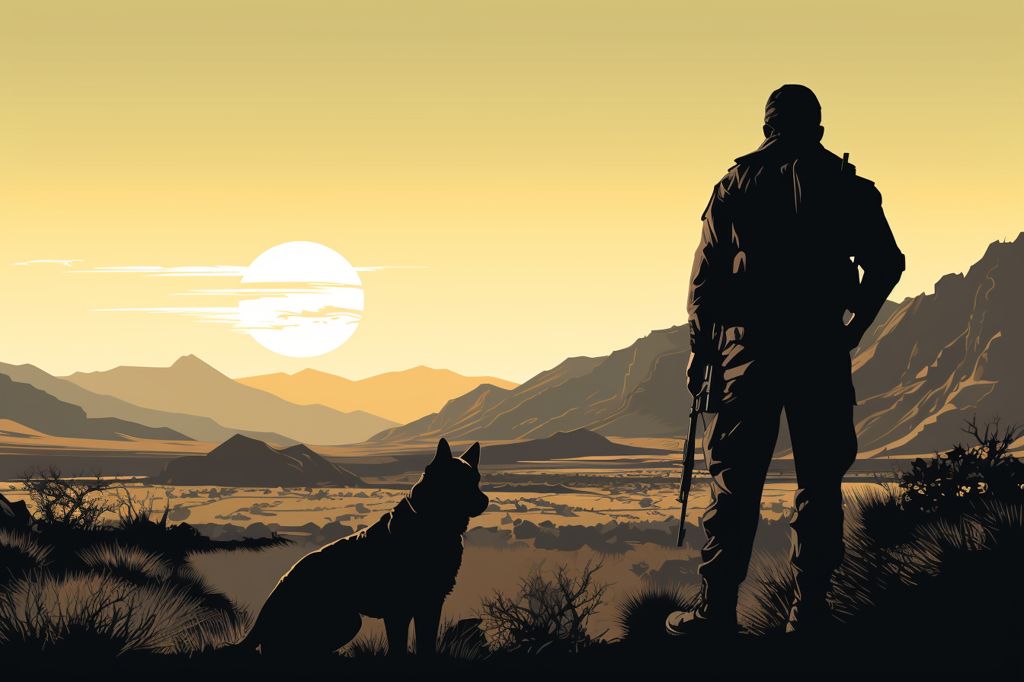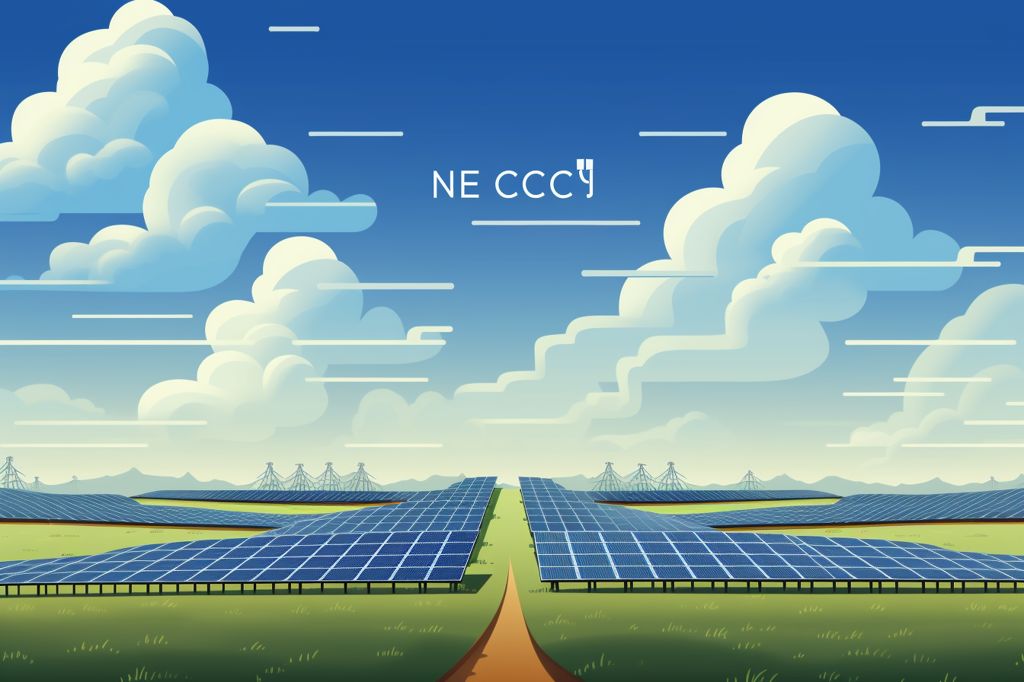The Electoral Commission is hosting a seminar titled “Building Tomorrow Today: The Role of Active Young South African Citizens in Building and Nurturing Our Constitutional Democracy.” The seminar is a collaborative effort between the Electoral Commission and youth organizations and aims to spark meaningful discussions among young South Africans about their role in shaping the future of their nation.
Panelists
Insightful panelists with significant contributions to youth-related matters will speak at the seminar. They include Seth Mazibuko, the Chancellor of the June 16 Youth Foundation and former student leader; Dimpho League, Community Manager at YouthLab; Mpho Moalamedi, a Political Science and International Relations graduate and digital content creator; Letshabo Sebogodi, Coordinator of the Mogale City Youth Desk; and Matsetselane Tleane from the Agape Youth Movement.
Topics
The seminar covers multiple topics to ensure a well-rounded and engaging conversation. These include the evolution of democracy in South Africa, the importance of youth participation in electoral democracy, and the potential impact of the digital revolution on democratic change.
Moderation
Keabetswe Khutsoane, a Researcher and Lead Coordinator at Wits Health Consortium, will moderate the panel discussions to ensure an organized and dynamic exchange of ideas throughout the event.
Purpose
The seminar is built upon the central premise that young South Africans, like the generation of 1976, have the power to create a brighter future for their country. By providing a platform for open dialogue, the Electoral Commission hopes to inspire the youth to become active citizens who contribute to the realization of their dreams for South Africa.
Importance
It is increasingly clear that the younger generation has a vital role to play in shaping the future, with their energy, innovation, and resilience driving societal change. With the challenges facing South Africa, such as inequality, poverty, and unemployment, the importance of fostering a sense of responsibility and active citizenship among the youth cannot be overstated.
The “Active Young South African Citizens” seminar is a timely reminder of the crucial role that the youth play in crafting their nation’s future. By engaging in meaningful conversations, exploring new ideas, and embracing their roles as active citizens, young South Africans can create a vibrant and inclusive democracy that honors the legacy of the brave generation of 1976.












